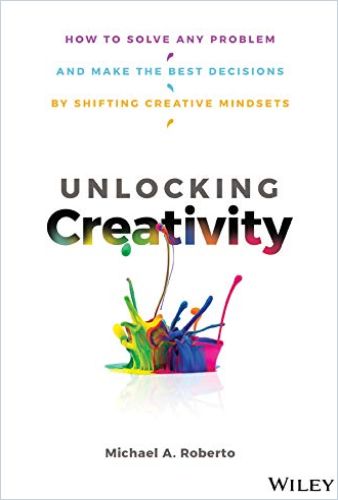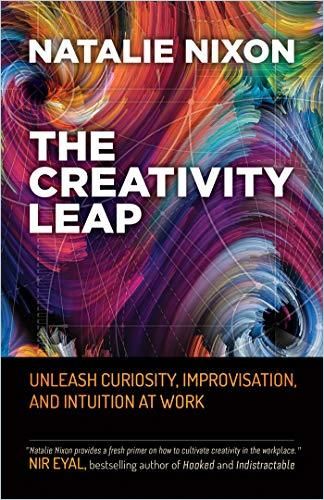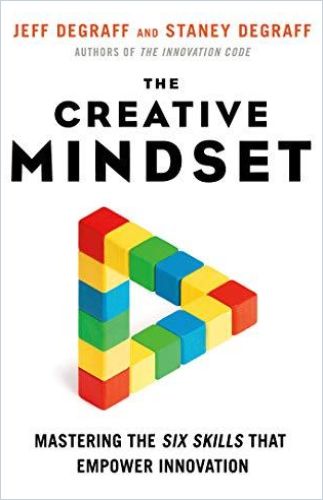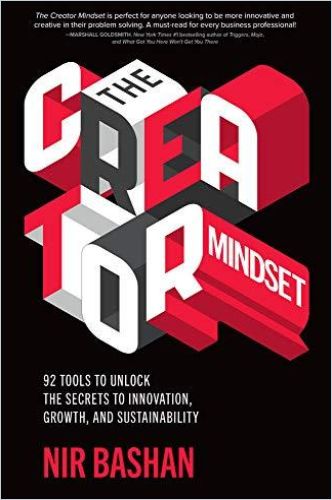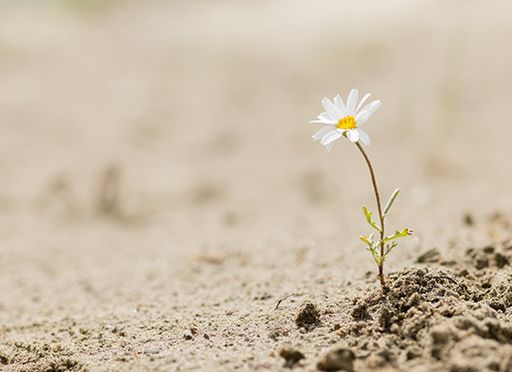How to Cultivate Grit

Psychologist Angela Duckworth is synonymous with the term “grit.” Grit, more so than any other character trait, she says, is what separates the successful from the also-rans. What is grit and how can you build more of it into your life? Duckworth explores this characteristic in her book Grit, and how it gives you the ability to keep pushing forward on a goal, even after setbacks, and especially when you’re already succeeding and it would be easy to coast.
The Nitty-Gritty of Grit
What is “grit?” Duckworth defines it as the perseverance paired with passion that motivates people to stick with a goal. It goes way beyond talent, though it might start there.
You can stay on the curve to world-class excellence. If you do, you’ve got to keep showing up. And you’ve got to practice like an expert, doing hard things over and over again with focus and feedback and the courage to listen.
Angela Duckworth
In an address to students at the Aspen Institute, Duckworth breaks down the first steps:
1. Identify your interest.
2. Devise a program of “deliberate practice.”
3. Keep the meaning in mind.
4. Cultivate a support network to keep you going when you hit a setback.
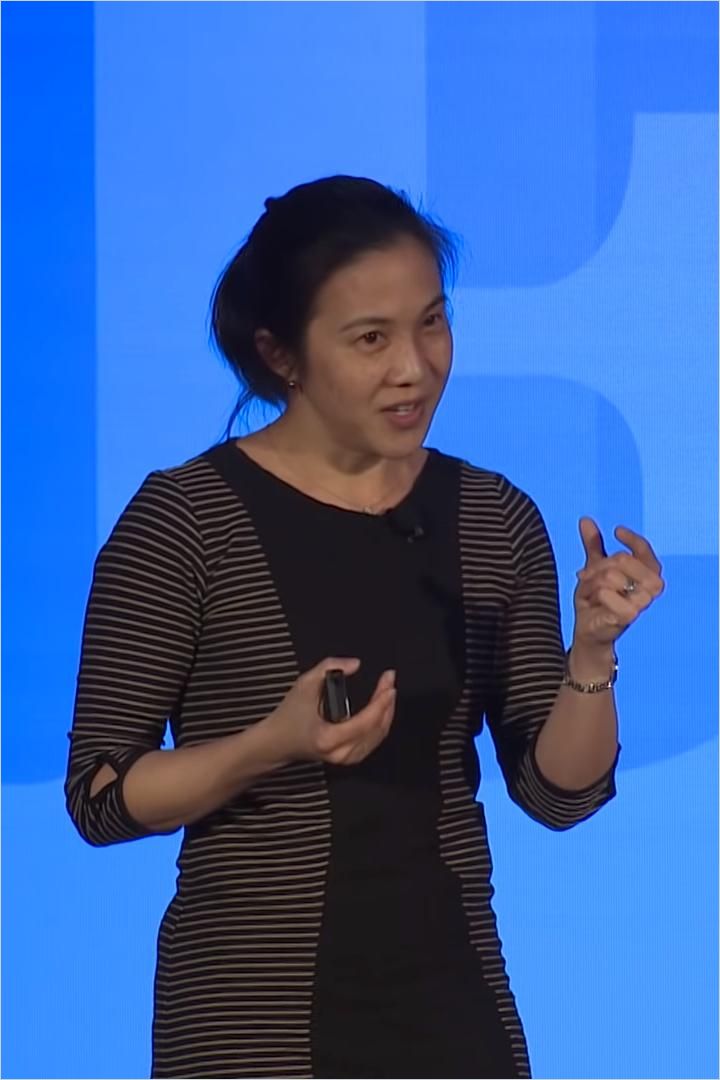
She emphasizes finding the meaning you link with your work; it will sustain you during times of seemingly little progress. Duckworth also emphasizes a “growth” mind-set is essential to developing “grit.”
Cultivate a “Growth Mind-set”
In her groundbreaking book, Mindset, psychology professor Carol S. Dweck outlines the differences between people with a “fixed” versus “growth” mind-set, and how these mind-sets affect learning. People with a “growth mind-set” are open to learning while those with a “fixed mind-set” feel that they’ve learned everything they’re going to learn and are limited by an upper boundary of innate talent or skill. They feel they can’t change anymore. It’s possible for people to have a fixed mind-set about some things and a growth mind-set about other things.
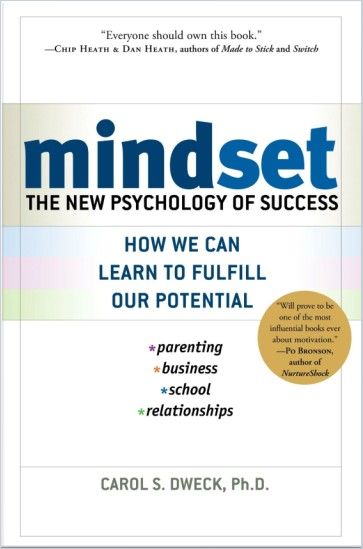
You don’t necessarily have to have confidence to have a growth mind-set. It’s all about staying optimistic, having hope that, given time, you will improve or change in the ways you want to. People with a growth mind-set relish challenges. Importantly, they also look for continuous feedback and use even harsh comments to improve their skills. They don’t take failure personally; they learn from mistakes.
The passion for stretching yourself and sticking to it, even (or especially) when it’s not going well, is the hallmark of the growth mind-set.
Carol S. Dweck
Duckworth’s “Grit Scale” where participants rate themselves on a spectrum in response to statements such as “I am a hard worker” or “I am diligent. I never give up” emphasizes effort over talent, and provides an amazingly accurate assessment of who will succeed at a given task. For instance, Duckworth accurately predicted the probability of West Point students to push beyond their discomfort and complete the difficult program.
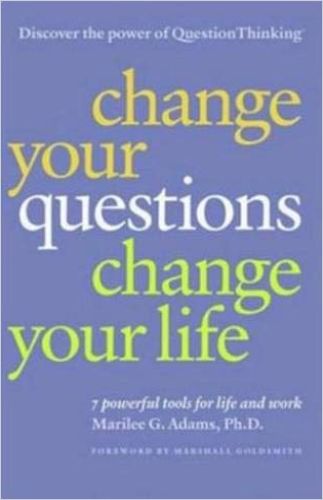
Learning new things helps people change from a fixed to a growth mind-set. People can learn new ways to react to setbacks or to face obstacles by challenging themselves to focus on process and incremental progress. Get out of the “judger” mode and into the “learning” mode by noticing your reaction to things you and others do, and asking yourself better questions, says author Marilee G. Adams in Change Your Questions, Change Your Life.
A world of questions is a world of possibility. Questions open our minds, connect us to each other and shake outmoded paradigms.
Marilee G. Adams
Design a “Deliberate Practice”
Leaders with grit hone their skills differently than average performers by setting up a “deliberate practice” focused on specific areas of improvement.
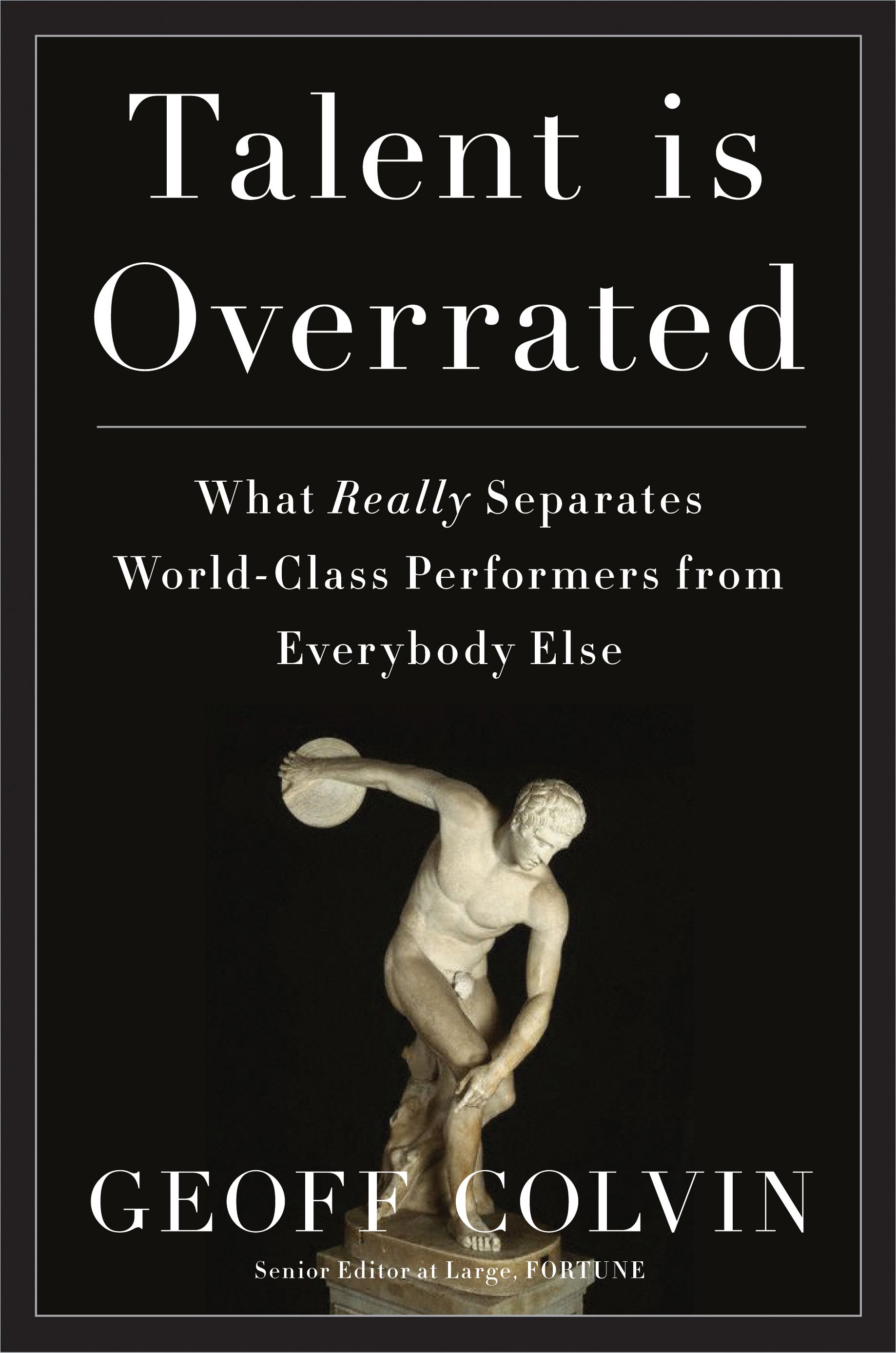
For instance, says journalist Geoff Colvin in Talent Is Overrated, champion golfer Tiger Woods doesn’t just go out and play golf every day. He analyzes his golf swing and devises drills that specifically address whatever detail about it he’s trying to improve. He practices other pursuits off the course that build up his stamina and resilience.
Great performance comes from deliberate practice, but deliberate practice is…so hard that no one can do it without the benefit of passion, a truly extraordinary drive.”
Geoff Colvin
Authors Anders Ericsson and Robert Pool write in Peak that focused practice and deliberate training shapes the brain to support the skills you’re trying to learn. Keep practicing to stay proficient at your skill; use it or lose it.
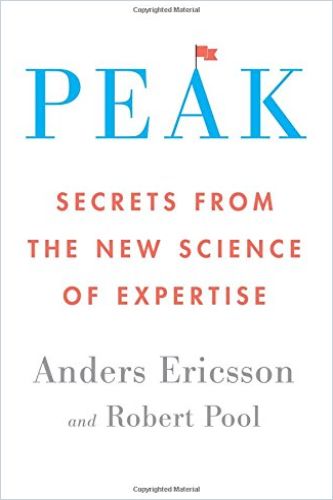
Break what you’re trying to learn into components you can practice repetitively. Analyze your work to identify weaknesses and devise drills to address them. Establishing a habit and getting rid of distractions will help you maintain motivation. Establishing feedback loops from mentors and peers keeps you on the path of continuous improvement.
In fact, people can train effectively well into their 80s. Much of the age-related deterioration in various skills happens because people decrease or stop their training; older people who continue to train regularly see their performance decrease much less.
Anders Ericsson and Robert Pool
Mastery comes when you are able to practice a skill automatically. But beware the “OK plateau,” says journalist Joshua Foer in Step Outside Your Comfort Zone. That’s when you start feeling so comfortable with the skill you’ve developed, you sleep on improving it. The level you’ve attained doesn’t have to be your “upper limit.” Top performers study their failures in order to improve.
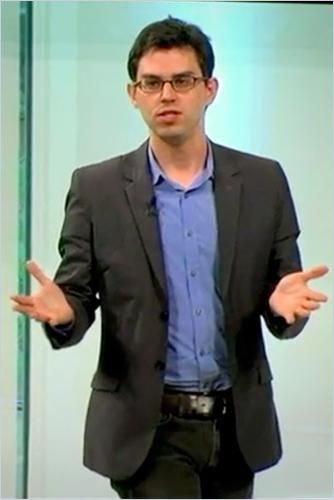
Raise “Gritty” Kids
Dweck notes that any kind of labeling might handicap a child’s sense of unlimited possibility, even if you’re calling them smart or “exceptional.” Studies show these kids end up resenting the challenge of solving harder problems, claiming it detracts from an enjoyment of learning. However, kids who are praised for the effort they put into their work enjoyed upleveling to more challenging work; in fact, praising kids for extra effort showed a rise in IQ points.
Telling children they’re smart, in the end, made them feel dumber and act dumber, but claim they were smarter.
Carol S. Dweck
In her book Raising an Entrepreneur, author Margot Machol Bisnow urges parents to give their children the room to both succeed and fail, and to learn from mistakes. Though it may be difficult to watch sometimes, let them figure out their own problems. Sports is a great way for kids to learn the lessons of winning and losing, and above all to develop the grit to keep trying.
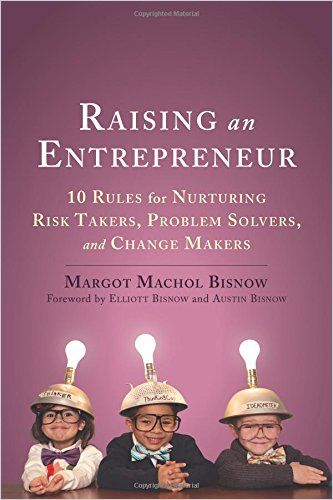
In the Duckworth household both parents and children follow a “Hard Thing Rule.” Each must pick something they want to do that challenges them, but the rule is they can’t quit it until they come to natural “stopping point,” for instance, the end of a series of classes. While everyone has the freedom to choose what they will pursue, no one is allowed to quit just because their pursuit turned out to be hard. When Duckworth’s daughters went to high school, they had to choose a Hard Thing they would stick to for two years. The goal was to help her kids develop the perseverance and passion that lead to grit. Since everybody has to follow the Hard Thing rule, her children don’t find it unfair. Instead, they see it as a good self-development process.
Can Companies Develop Grit?
“Gritty” employees make for resilient companies. Organizations led by executives with a growth mind-set search for employees to fill out weak spots and who can work on needed solutions – employees who welcome a challenge. Studies show that robust growth in share value correlates with corporate leadership willing to constantly question their organization’s processes and learn from mistakes. By contrast, leaders obsessed with their own reputations show a fixed mind-set that can handicap a company’s potential.
To get better at leading, you have to get gritty. You have to persist in the face of difficulties, thinking more like a marathoner than a sprinter.
James M. Kouzes and Barry Z. Posner
Companies should look for potential leaders willing to develop new skills, then give them the opportunity to learn. In Learning Leadership, authors James M. Kouzes and Barry Z. Posner emphasize the learned resilience of great leaders over “natural talent.” As a leader, work with your team to create the meaning that inspires big accomplishments despite setbacks and longtime horizons. Set up feedback systems and maintain openness to new ideas. Just like any other top performer, leaders must practice their leadership skills.
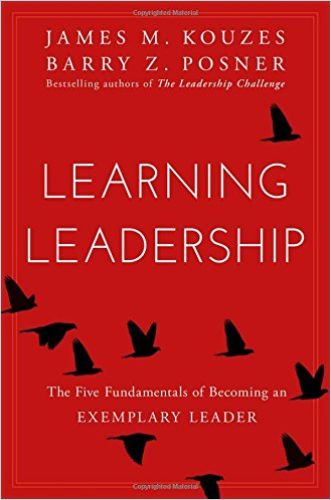
A company culture that develops grit will make the difference in the face of an unforeseen crisis. Build this culture by hiring people with the characteristics of grit, for instance, courage and persistence. Executive coach Horace McCormick Jr. urges companies to take steps to foster a long-lasting culture of learning in his report “7 Steps to Creating a Lasting Learning Culture.”
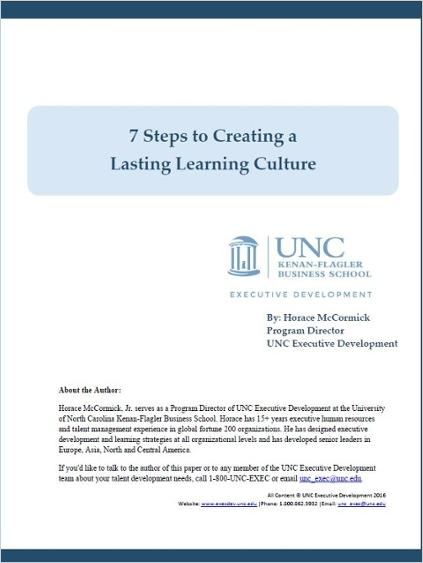
7 Steps to Creating a Lasting Learning Culture
UNC Kenan-Flagler Business SchoolBeyond Grit…
In All In, author Robert Bruce Shaw notes superstar leaders like Jeff Bezos and Elon Musk go beyond grit when it comes to achieving their goals. Musk, for instance, lived and worked at the Tesla plant when the company was having trouble with the Model 3. This is closer to obsession than grit, and what it takes to succeed at stratospheric levels.
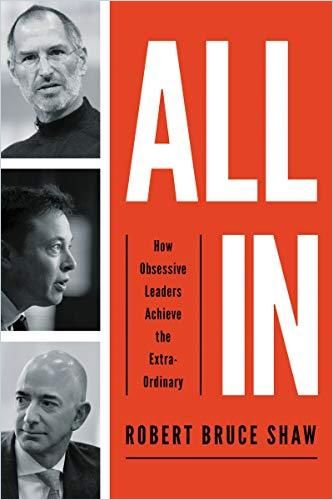
Read more on obsessive versus gritty leaders in this Journal interview with Robert Bruce Shaw:


